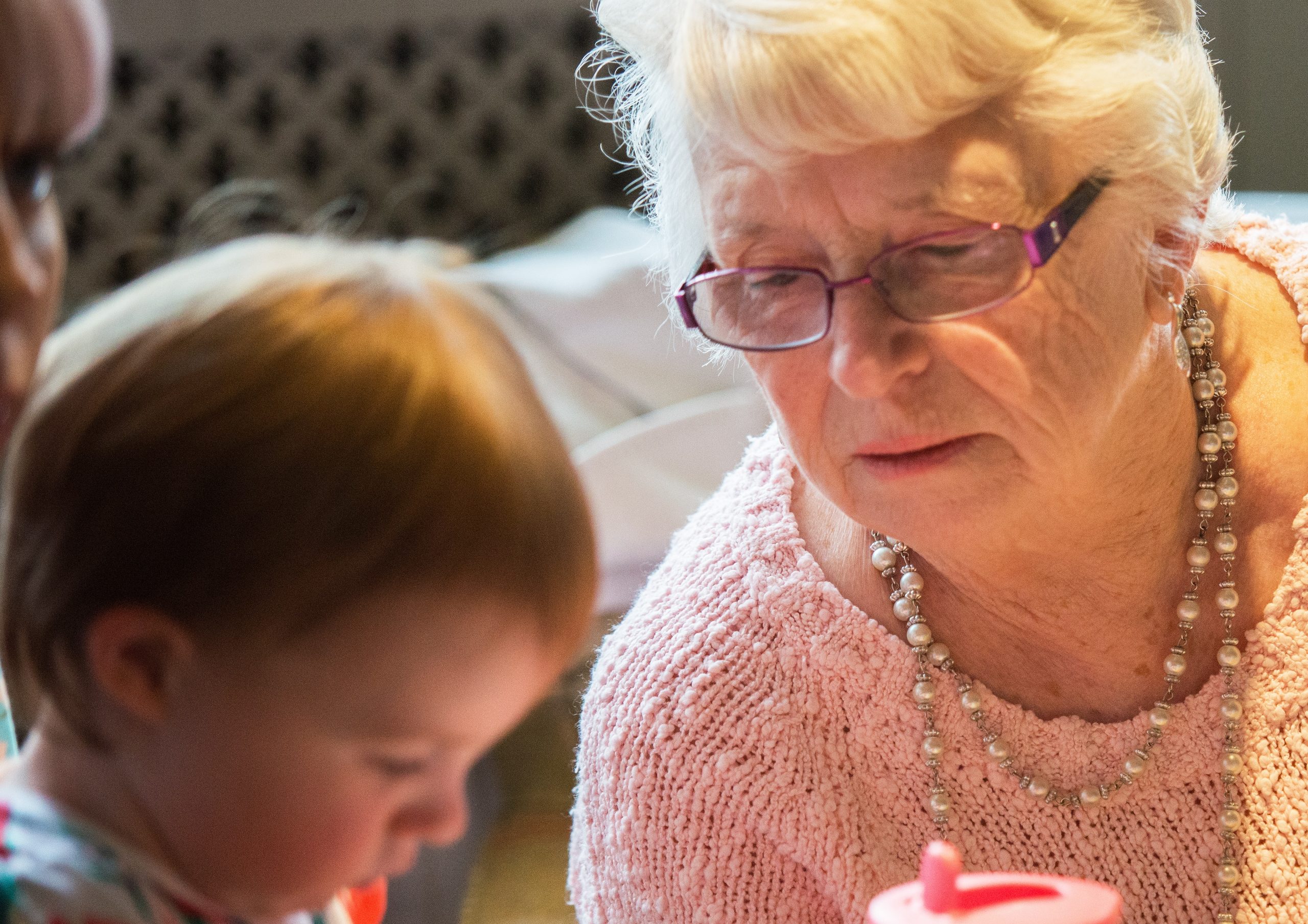Demographic and policy changes are increasing the demand for family care for older people – the number and proportion of older people with care needs is rising, while government support has been reduced in many high-income countries. In this context, it is increasingly important to assess the impact of caring for older parents on the health of the carers. This has been studied extensively, but the results are mixed, possibly reflecting a lack of attention to the health of the caregivers before they take on caregiving responsibilities (also known as the health selection effects). Such effects have often been suggested, but have not been explored using high-quality data.
In a new study, Pilar Zueras (Centre for Demographic Studies in Barcelona) and Emily Grundy (University of Essex) fill this research gap by studying the health consequences of caring for an older parent or parent-in-law, taking the initial health status of caregivers into account. Concretely, they analysed high-quality longitudinal data from the UK to investigate changes in the mental and physical health of adult children caring for a parent or parent-in-law accounting for initial objective and subjective health. The study provides solid evidence on the relationships between caregiving, health selection effects and health outcomes when assessing the health effects of caring for an older relative.
Using data from waves 2-9 of the UK Household Longitudinal Study (UKHLS), the authors examined changes in the mental and physical health of adult children aged 40-69 years old who care for a parent or parent-in-law. This included assessing baseline health status using both objective and subjective indicators.
Their findings revealed a pattern of dual and divergent health-related selection into parental care roles, providing fresh insights into the impact of caregiving on the health of adult children. Initially, potential caregivers with a living parent or parent-in-law were found to be in better health compared to those without living parents or parents-in-law. However, among those who did become parental caregivers, a surprising twist emerged. Those providing intensive care (20 or more hours per week) had worse initial health than non-caregivers or those offering less intensive care. This emphasizes the crucial importance of considering initial health status when assessing the effects of caregiving on health. In addition, the study showed that initial health status predicted later physical and mental health outcomes, regardless of caregiving behaviour.
In addition, they found that the impact of caregiving on the health of caregivers varied according to their level of education, the amount of time they spent caring, competing demands, and the health outcome being studied. Notably, providing “light care” seemed to improve the physical health of caregivers who initially reported poor self-rated health or had low educational attainment. This suggests that, for certain groups, caregiving might have positive effects compared to available employment options.
The study underscores the necessity of tailored interventions and support systems that address the diverse needs of caregivers and their families. The results demonstrate the importance of considering the risk of parental care and the initial health status of individuals when assessing the impacts of caregiving on health. They also highlight the differential impact of caregiving on health according to socio-demographic characteristics and reinforce the need for increased support for those who provide significant amounts of care to older parents.
Read the full blog here
